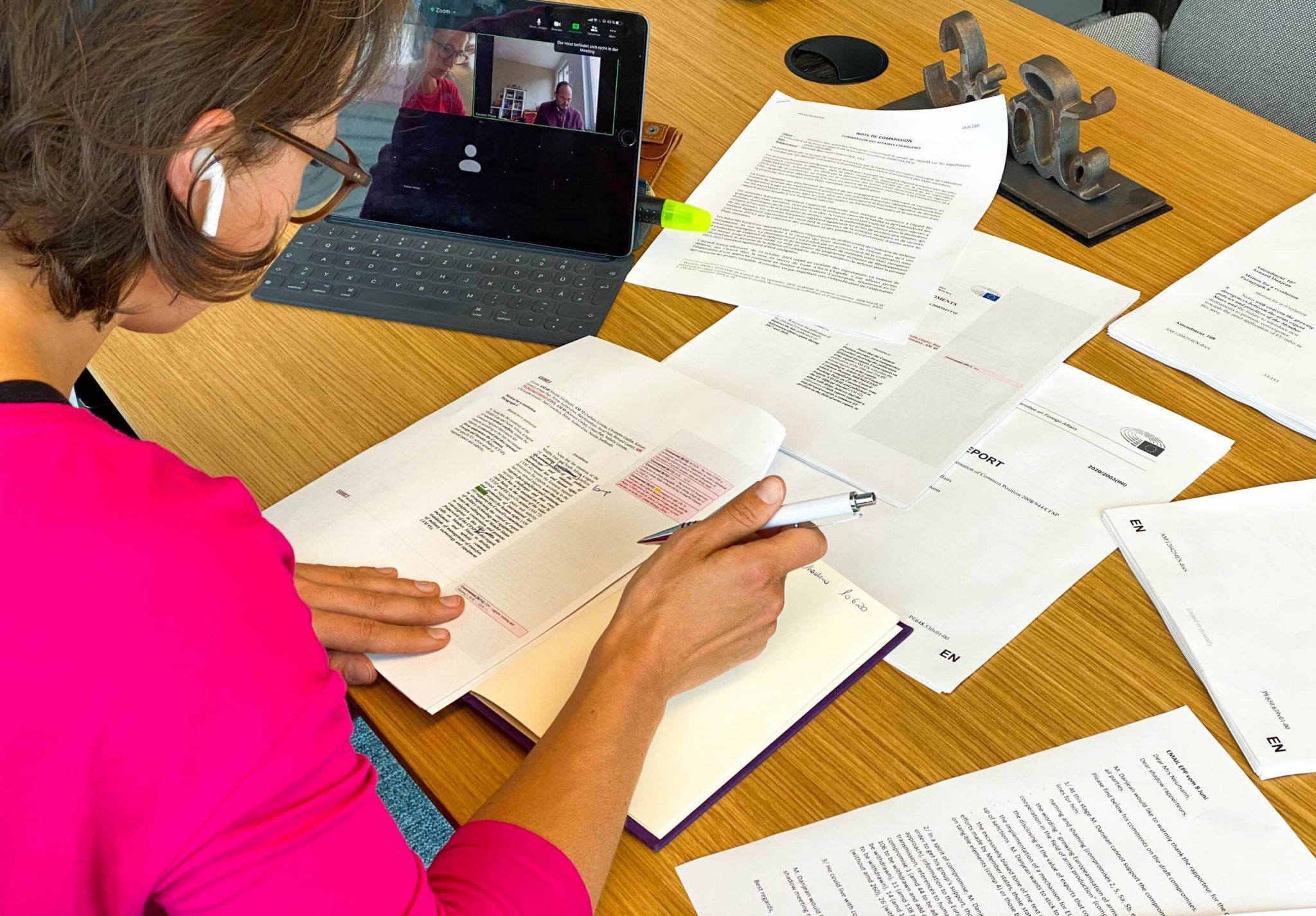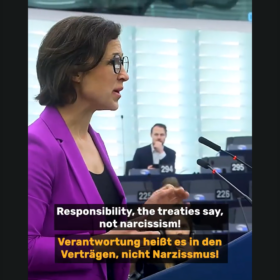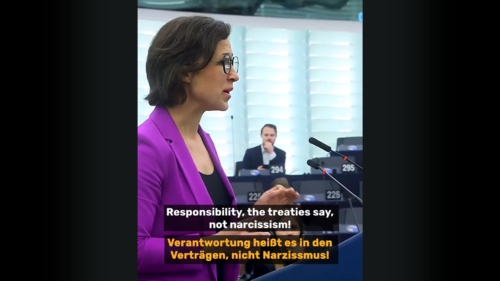Written question by Hannah Neumann, Mounir Satouri, Ernest Urtasun, Reinhard Bütikofer and David Cormand:
Under the general conditions annexed to the financing agreements under the European Neighbourhood Instrument (ENI), the Commission may suspend a financing agreement if the beneficiary breaches an obligation relating to respect for human rights, democratic principles or the rule of law and in serious cases of corruption (Article 26.1). In 2019, Egypt dropped a number of ENI-funded projects, reportedly because it refused to abide by this article and, consequently, this funding was not disbursed.
1. Given that this funding will not be spent on account of Egypt’s refusal to sign the agreement, is the Commission planning a re-allocation, and if so, how will it ensure that Article 26.1 is not circumvented, including for 2019 and 2020 funds?
2. Considering the sharp deterioration of human rights in Egypt, will the Commission use this funding to support independent civil society, in line with the 2013 Council conclusions on Egypt, and the European Parliament’s resolution on Egypt of October 2019 and the opinion of its Foreign Affairs Committee on the guidelines for the 2021 budget?
3. What are the indicators pertaining to human rights, democracy and corruption that the Commission would consider, in relation to Egypt, to trigger Article 26.1 and suspend a financing agreement?
Answer given by Mr Várhelyi on behalf of the European Commission
|
Egypt did not sign the Financing Agreements linked to the 2018 Annual Action Programme (AAP) before the deadline of 31 December 2019. In accordance with the Financial Regulation, the corresponding funds were returned to the general budget of the EU. The proposed projects under the 2018 AAP addressed f air access to inclusive services, empowerment of children and persons with disabilities , support to civil society and capacity development and institution building of the Egyptian public administration and technical assistance to support the sustainable management of water and energy. This is i n line with the Foreign Affairs Council Conclusions of 2013, which decided assistance to socioeconomic sectors and civil society in Egypt should continue owing to the situation of the most vulnerable. Although EUR 12 million foreseen for civil society through the 2018 AAP could not proceed, support to civil society continues through bilateral programmes and other instruments. These include the European Instrument for Democracy and Human Rights and Thematic Programmes under the Development Cooperation Instrument, such as Civil Society Organisations/Local Authorities and Migration . As concerns the 2019 and 2020 funds, on his visit on 3 September 2020 the High Representative/Vice-President recalled the expectations of the EU institutions and Member States on the importance of upholding human rights, the rule of law and democracy as part of our cooperation with all partner countries. The Commission continually monitors human rights, democracy and corruption in Egypt, in accordance with international standards and Egypt’s own constitution. |
Subject: Human rights conditionnality in EU funding to Egypt
Priority question for written answer P-004908/2020 to the Commission












